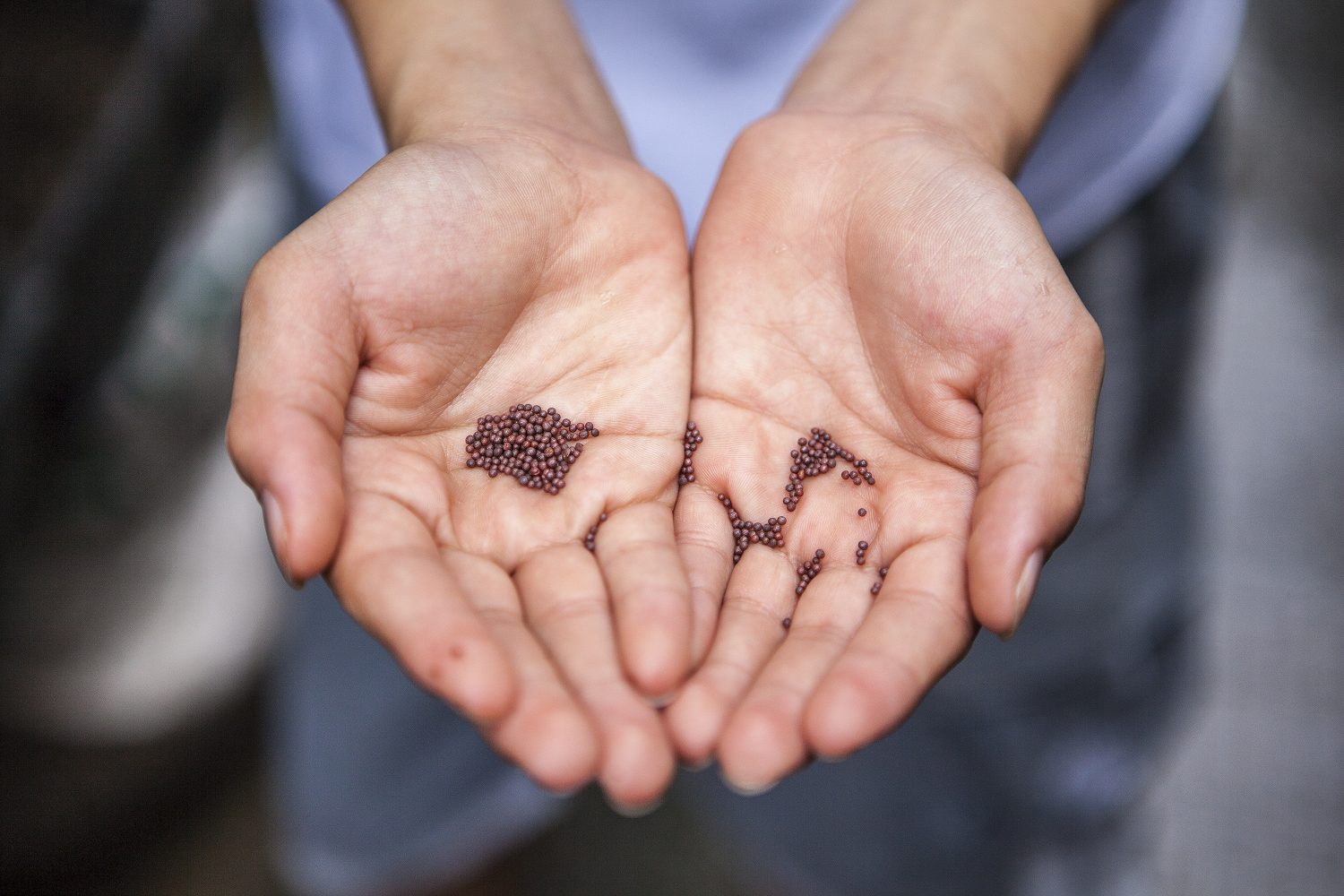Greetings, Agents of Impact!
Featured: ImpactAlpha Original
Laboratoria’s coding bootcamp is tripling women’s income and diversifying Latin America’s tech sector (video). Many Latin American youths lack the skills they need to succeed in an increasingly digital world. So do many companies in Latin America. Since launching in Lima, Peru in 2014, Laboratoria has trained more than 1,000 women to be ready to join Latin America’s digital workforce. About 80% have gone on to jobs with companies like Facebook and Accenture, as well as software, banking and healthcare companies that can pay $800 to $1,000 per month, often three to five times what the women could earn previously. “We saw this as an incredible opportunity to identify talented young women who don’t have access to university education, teach them to program, and then connect them into these teams, so they can contribute to a more inclusive digital economy,” Laboratoria’s Gabriela Rocha told ImpactAlpha.
The video interview is part of ImpactAlpha’s series of conversations with Agents of Impact at the Foro Latinoamericano de Inversión de Impacto, or FLII, in February. Laboratoria has expanded to Brazil, Chile and Mexico and has plans to add Colombia. The company is sensitive to possible unintended consequences of women’s empowerment, both in the workforce and at home. “Many of them become the primary breadwinners in their homes. That means they have a lot more economic independence,” Rocha says. To shift workplace culture, Laboratoria looks to place several graduates together, so that the women can have a stronger voice and influence on what are often all-male teams. “At home, we involve the family as well,” she says. “That support network throughout the program is really important for them to be successful.”
Keep reading, “Laboratoria’s bootcamp is tripling women’s income and diversifying Latin America’s tech sector,” by Jessica Pothering on ImpactAlpha.
- Tune in. See Laboratoria’s Gabriela Rocha in conversation with ImpactAlpha’s David Bank.
Dealflow: Follow the Money
New Era closes $60 million fund for impact-driven tech companies. The fund is the first from the Tel Aviv- and Boston-based venture capital firm, which launched last year to invest in early-stage and revenue-earning tech startups. New Era doesn’t call itself an impact investor, but evaluates investments based on positive ESG (environmental, social and governance) criteria. “There is complete congruence between the commercial success of a company and the manner in which it relates to its employees, its customers and its environment,” said New Era’s Ran Simha, an advisor to Shimon Peres, Israel’s late president. Early portfolio companies include Hyliion, which makes battery systems to convert commercial trucks to hybrid vehicles, and Twine, which has developed waterless technology for dying thread for use in textiles. Leehe Skuler of Social Finance Israel serves as New Era’s head of impact. New Era did not disclose the names of its investors. Here’s more.
Proximity Finance raises $10 million in debt to expand farmer lending in Myanmar. Some 70% of Myanmar’s 55 million people rely on the land for their livelihoods. More than two-thirds don’t have a bank account, nor access to formal credit and other financial services critical to operating a farm. Proximity Finance, one of the country’s few farmer-facing microfinance institutions, serves about 100,000 households. The firm aims to nearly double that number over the next five years. The firm raised $10 million in debt from OPIC, the U.S. development finance institution, and the Skoll Foundation. Catalytic to the deal was Skoll’s $2 million in subordinated debt, which helped de-risk the $8 million loan for OPIC and lowered the overall cost of capital for Proximity. Dig in.
AgDevCo’s loan to maize mill Minimex is its third investment in Rwandan agribusiness. U.K. agribusiness impact investor AgDevCo extended a $3 million mezzanine loan to Minimex Ltd., a maize milling firm in Rwanda. Minimex churns out 40,000 tonnes (about 44,000 tons) of high-quality maize flour, grits and bran per year for sale throughout East Africa. With the investment, Minimex will boost its milling capacity and purchases from tens of thousands of Rwandan small farmers. “Minimex drives impact at both ends of the supply chain, buying maize from smallholder farmers and selling fortified flour to its customers,” AgDevCo’s Chris Isaac said in a statement. Other Rwanda-based investments from UK-Aid backed AgDevCo include Kigali Farms, a mushroom grower; and Uzima, a day-old chick producer. Check it out.
Agents of Impact: Follow the Talent
Follow the talent. Greg Ratliff, previously with the MacArthur and Gates foundations, is a vice president in the impact investing practice at Rockefeller Philanthropy Advisors… Stephanie Smith is the chief inclusion and diversity officer at Cincinnati-based Fifth Third Bank…
Seize the opportunity. Salesforce is hiring a director of ethical and humane use (reporting to Paula Goldman) in San Francisco… High-net-worth family network The ImPact seeks a manager for its “collective influence” projects… Glenmede is hiring a public markets impact research associate in Philadelphia… Village Capital is looking for a manager for its sustainability practice and an executive assistant in Washington D.C.…
Where to be. Gillian Marcelle of Resilience Capital Ventures will moderate “Making impact investment work for women,” an Impact Entrepreneur webinar feat. Bonnie Chiu of the Social Investment Consultancy, DBL Partners’ Cynthia Ringo, VC Include’s Bahiyah Yasmeen Robinson and Betty Salanic of Accelerate Investors, this Wednesday Apr. 10.
— April 8, 2019.











